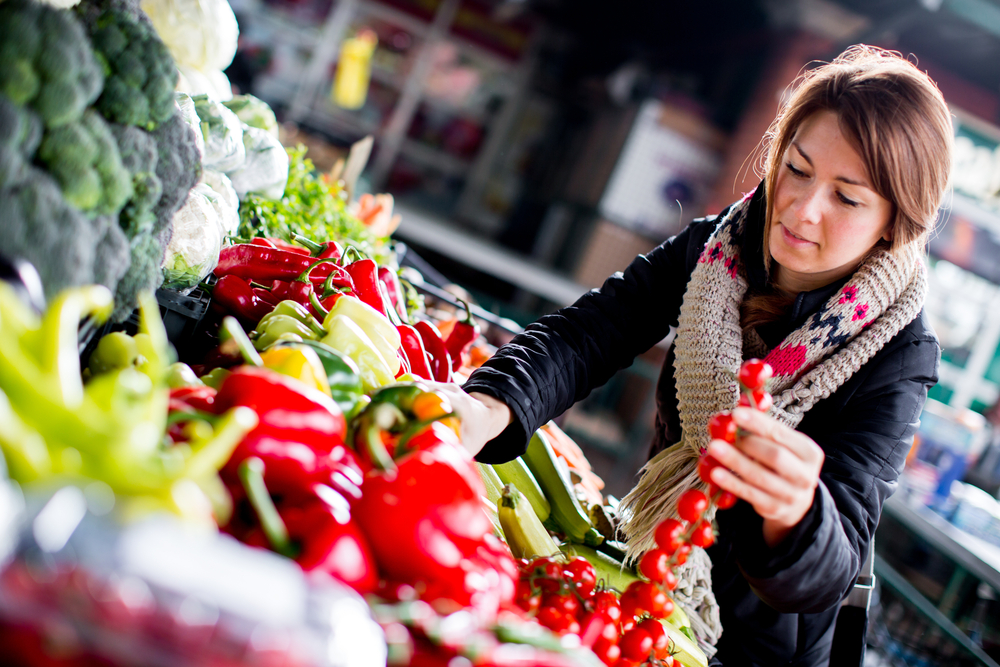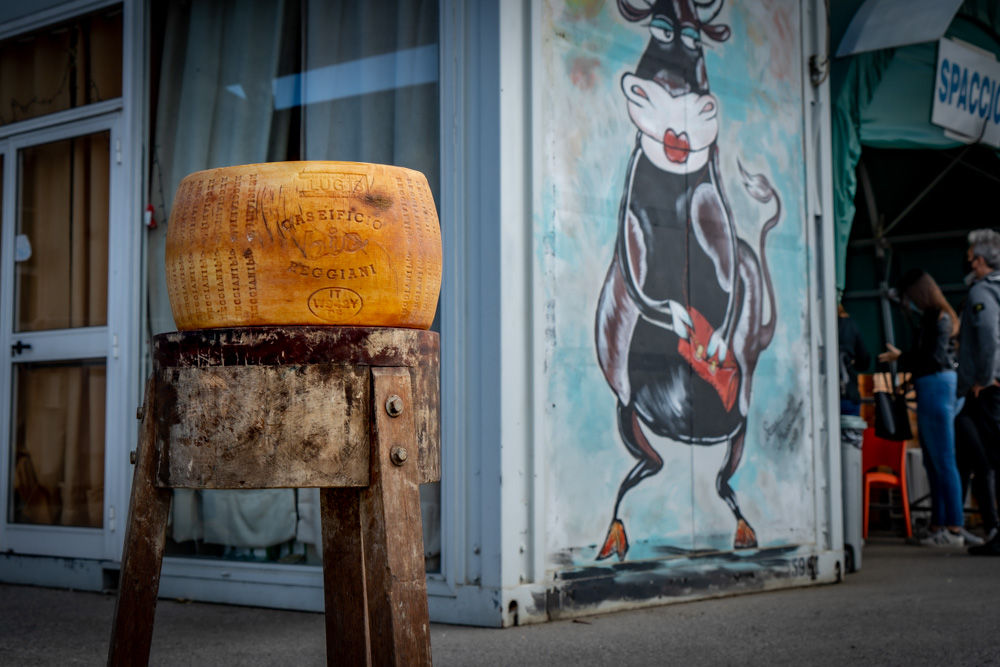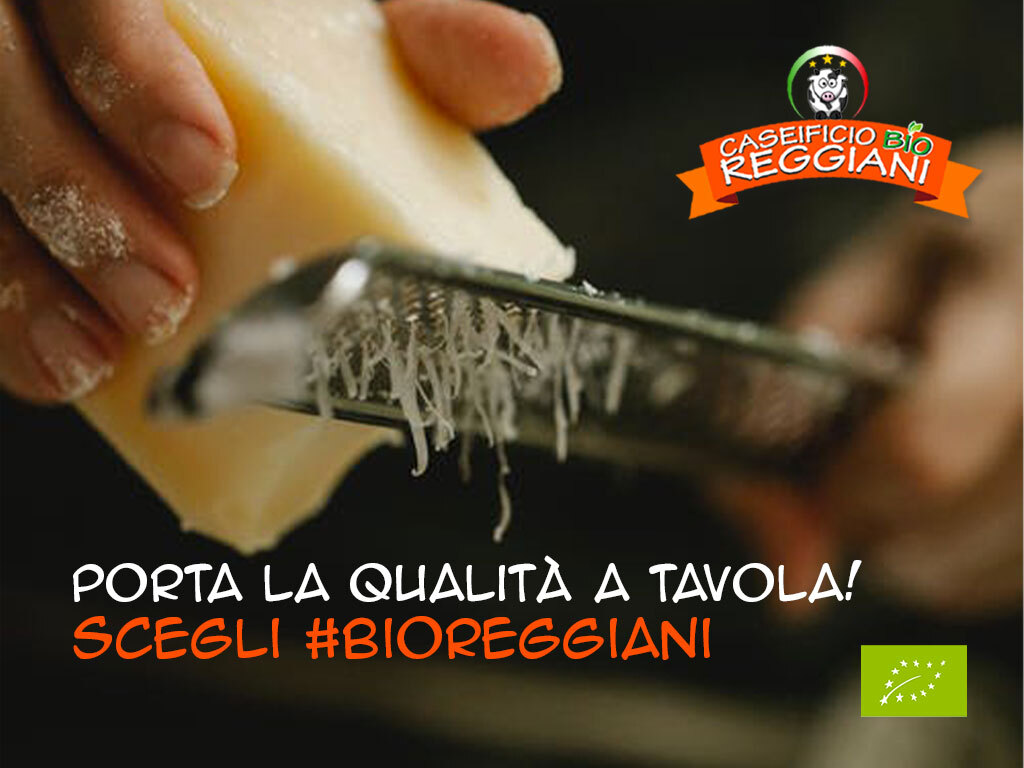Have you ever wondered what the real differences are between an organic and a non-organic product?
We at Caseificio Bio Reggiani will try to give you a clear and simple answer in this article, based on our experience in the field.
To begin with, it should be emphasised that Organic is not a universal concept. Depending on the country you are in or the certification you are referring to, parameters and guidelines may change. In general, however, by Organic we mean a product obtained by natural methods, excluding genetic treatments and the use of chemical agents.
We are therefore talking about products and processes that put consumer health, respect for the environment and animals first.
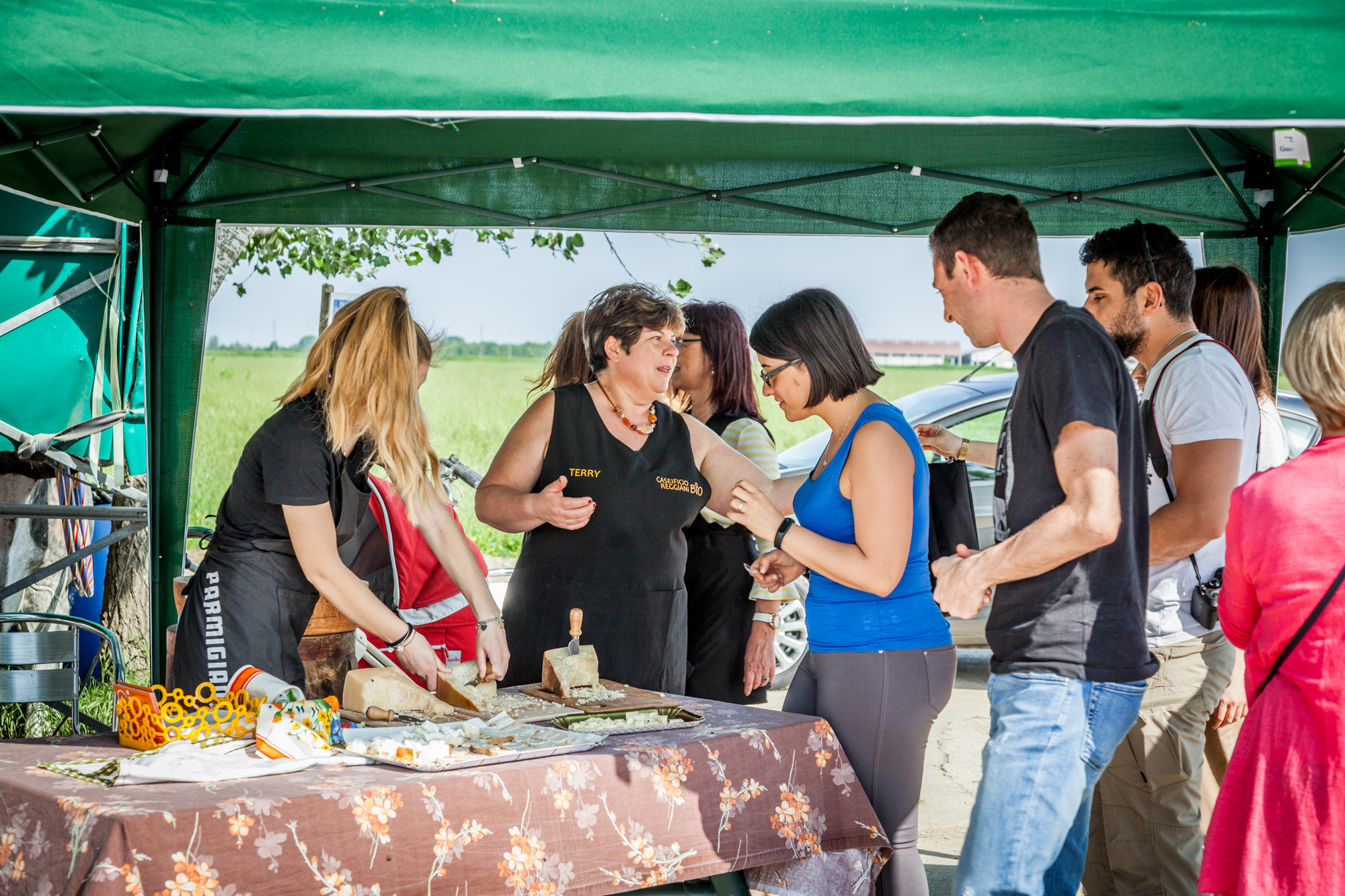
In non-organic products, this does not happen, or rather, there is no obligation to do so. It is then up to individual companies to decide whether or not to limit the use of chemical agents during the processes or, more generally, to decide how much care they take over product quality.
The organic world, from a regulatory point of view, is regulated by certification systems, which are only issued by the relevant bodies if very strict and stringent guidelines are adhered to. These ‘limitations’, as we said before, are a guarantee for the health of the consumer, but at the same time (in many cases) they also become a considerable cost for the producer. This is why when you see organic products on the shelves you notice a (more or less slight) surcharge… but since it is your health, might it not be worth it anyway?
To be more specific, our dairy produces organic Parmigiano Reggiano and we conform to the CCPB certification guidelines. Here we will list point by point the rules we are happy to be forced to abide by in order to put the ‘Organic’ label on our Parmesan cheese:
– No pesticides or herbicides may be used. Thanks to this constraint, the grass on which our cows feed is 100% natural. By doing so, we can guarantee a much higher quality of milk and thus of Parmigiano. In addition, this healthy and wholesome diet prolongs the life of the cattle (from an average of 4/5 years for intensive breeding to 6/7 years).
– For each adult animal, we must guarantee at least one hectare of land (this brings us to a total of 1650 hectares of land that spreads from the province of Bologna to the province of Reggio Emilia). In the cowshed, the cattle must be left free and there must be at least 5/6 metres of space between one cow and the next, to allow natural and unforced movement.
– Antibiotics can be administered a maximum of once a year for each animal. It is our personal choice not to use them at all.
– The feed used to feed the cattle must also have BIO certification. We use PROGEO, which consists of hay, maize, soya and barley.
– Outdoor pastures must absolutely be present
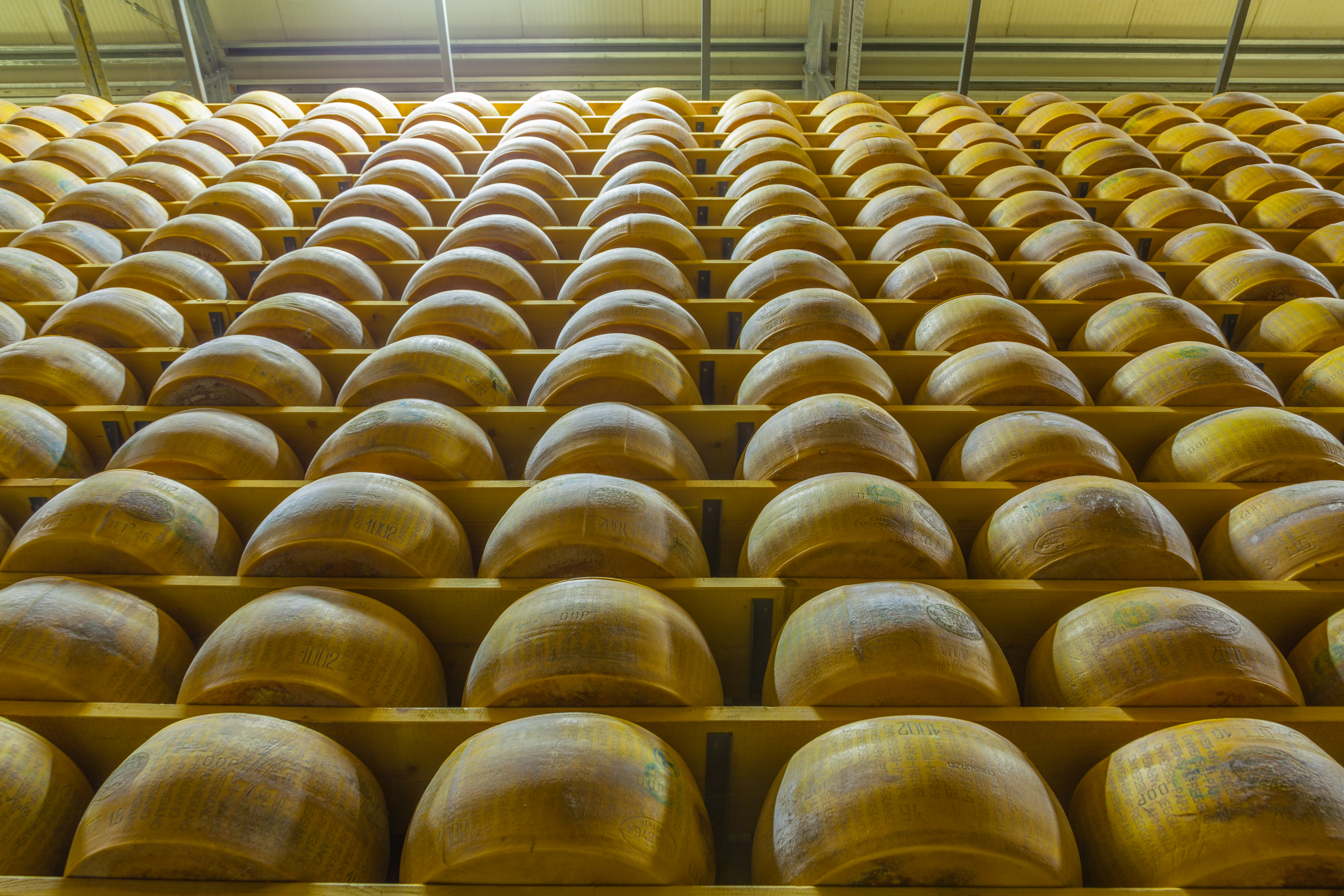
All these good practices that we respect on a daily basis automatically have an impact on the quality of our Parmigiano Reggiano which, in itself, is a natural product of excellence. Suffice it to say that the only preservative it needs is salt, preserving it for up to 72 months, gaining in flavour notes.
Its unique qualities, together with the organic choice, make it without a shadow of a doubt one of the most incredible cheeses in the world.
This is not to say that non-organic products should not be bought and/or demonised. However, it is only fair that the consumer is aware of what he is eating, the differences that exist and the efforts behind the choice of organic production.
Have we convinced you? If so, then perhaps you should take a tour of our online shop, where you will only find organic products 😉
